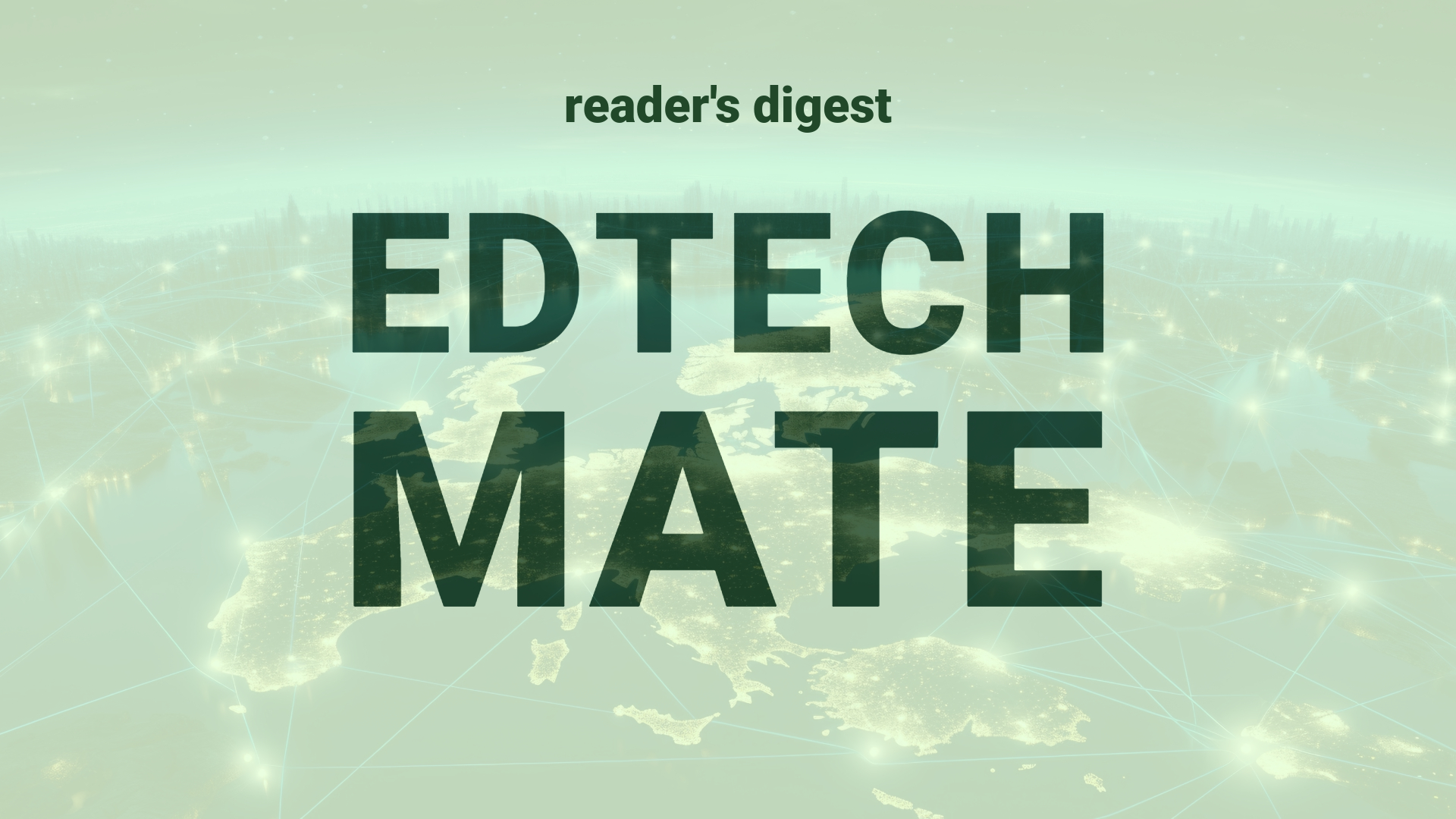Executive Summary and Main Points
Antitrust investigations by the Federal Trade Commission (FTC) and the Justice Department (DOJ) target key players in the artificial intelligence (AI) industry, including Microsoft, OpenAI, and Nvidia. This scrutiny comes amid a competitive surge in the generative AI sector, with tech giants and startups alike vying for dominance in a market projected to exceed $1 trillion in revenue within a decade. Microsoft has significantly invested in OpenAI, integrating their AI model into its offerings, while other companies, such as Meta with its Llama model, are heavily investing in Nvidia’s specialized chips for AI model training. Concerns regarding the rapid advancement of AI technology without adequate oversight or whistleblower protections have also been publicly voiced by industry professionals.
Potential Impact in the Education Sector
The ongoing antitrust investigations may reshape collaborations and the competitive landscape within the international education technology market. Further Education and Higher Education institutions could experience shifts in AI tool availability, pricing, and access to innovative educational platforms. Micro-credentials, due to their flexible and digital nature, might see an increased integration of AI-based learning and assessment tools. Strategic partnerships formed between education providers and tech companies might undergo close examination to ensure fair competition and equitable access to cutting-edge digital resources.
Potential Applicability in the Education Sector
AI and digital tools stemming from these industry giants could bring transformative applications in scaling personalized learning, automating administrative tasks, and providing real-time language translation to support international students. In global education systems, applications might range from AI-powered tutoring and mentoring to enhanced research capabilities and sophisticated data analytics for informed decision-making in educational leadership.
Criticism and Potential Shortfalls
Critics point out that unchecked progression in AI technology may lead to monopolistic practices, reduced innovation, and higher costs, potentially hindering global education initiatives. The ethical and cultural implications of AI integration into education, such as privacy concerns and biases in AI algorithms, raise questions about inclusivity and access. Comparative international case studies demonstrate varied readiness and regulatory frameworks for embracing such technologies, with some regions at risk of being left behind.
Actionable Recommendations
To capitalize on AI advances while mitigating risks, international education leaders should advocate for transparency and ethical standards in AI development. Collaborative industry-academia partnerships can foster innovation and maintain competitive and diverse markets. Strategic investments in AI literacy and skills training will ensure educational stakeholders can effectively harness these technologies. Furthermore, it is crucial to support policy frameworks and research that address the social impact of AI in education.
Source article: https://www.cnbc.com/2024/06/06/us-regulators-to-open-antitrust-probes-into-nvidia-microsoft-and-openai.html

